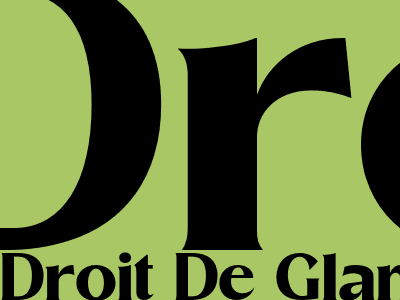Droit De Glandage Moyen Age
Understanding Droit De Glandage in the Medieval Era
Droit De Glandage was a customary right granted to peasants in medieval France, allowing them to collect acorns and beechnuts from the forests of their lords. This right played a vital role in sustaining rural communities during a time when food was scarce and agricultural productivity was limited.
Origins and Purpose
The origins of Droit De Glandage can be traced back to the early Middle Ages, when forests were abundant and sparsely populated. As forests became increasingly valuable for timber and hunting, lords sought to regulate access to these resources. Droit De Glandage emerged as a way to balance the interests of peasants with the economic interests of landowners.
Acorns and beechnuts were essential food sources for peasants, particularly during the winter months when other food supplies were depleted. They could be used to feed both humans and livestock, providing sustenance during times of hardship. Droit De Glandage allowed peasants to collect these nuts from the forests without fear of punishment.
Conditions and Restrictions
The exercise of Droit De Glandage was subject to certain conditions and restrictions. The right was typically granted for a specific period, usually from October to January, when the nuts were ripe. Peasants were allowed to collect nuts only from designated areas of the forest and were prohibited from damaging trees in the process.
In some cases, lords imposed fees or other restrictions on the collection of nuts. These could include limitations on the number of nuts that could be collected or the use of specific methods for gathering. Such restrictions aimed to prevent over-exploitation of forest resources and ensure that lords retained control over their property.
Importance and Legacy
Droit De Glandage was a crucial right for medieval peasants, providing them with essential food during a time of limited agricultural productivity. It also played a role in maintaining social order, as it gave peasants a stake in the well-being of the forest and its resources.
The right was gradually eroded over time, as forests became increasingly enclosed and privatized. However, the legacy of Droit De Glandage can still be seen in the traditional practices of foraging and the communal management of forest resources in some parts of the world.

Comments